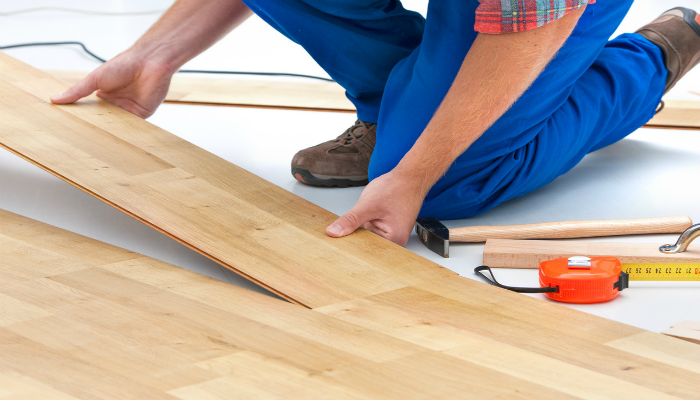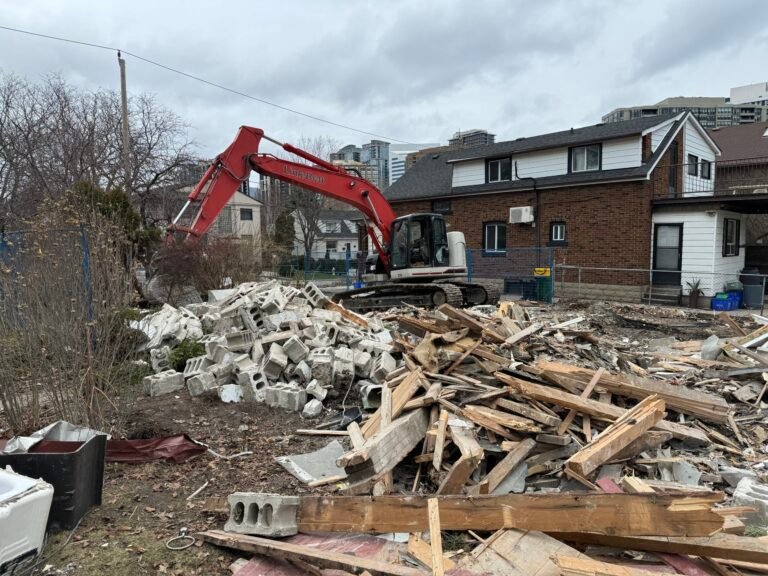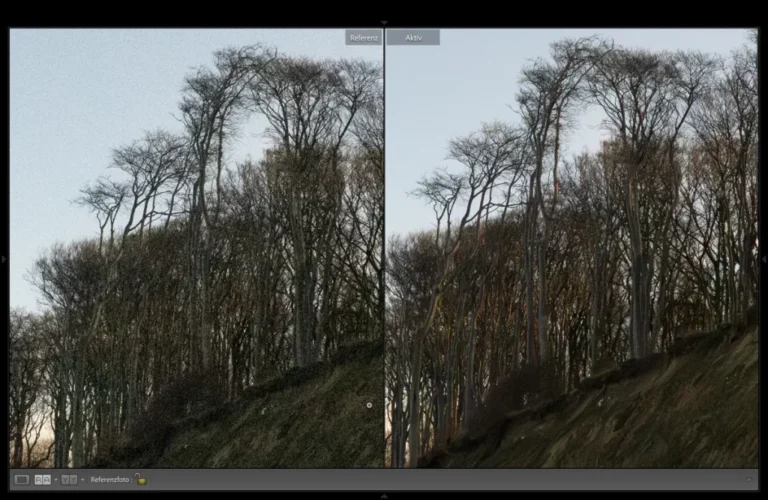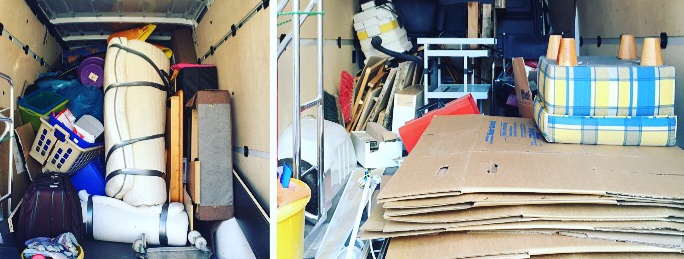
A house extension in the Netherlands is a popular and practical solution for homeowners looking to expand their living space without moving to a new property. As the demand for residential properties increases in urban areas, particularly in cities like Amsterdam, Rotterdam, and The Hague, a house extension offers a cost-effective way to make the most of available space. In this article, we will explore the various aspects of house extensions in the Netherlands, including design trends, legal considerations house extension in Netherlands, costs, and the overall benefits of expanding your home.
Why Consider a House Extension in the Netherlands?
House extensions are increasingly becoming a favored option for homeowners in the Netherlands due to various factors. The Netherlands has a high population density, especially in major cities, which can make it difficult to find suitable properties with more space. Buying a new home in these areas is often expensive, and relocating may not be practical for many families. A house extension provides an opportunity to stay in the same location while gaining more space for growing families, new business ventures, or lifestyle changes.
Furthermore, with the rise of remote working, many homeowners are finding the need for additional rooms, whether it be for home offices, additional bedrooms, or recreational spaces. A house extension in the Netherlands allows homeowners to adapt their living space to changing needs without leaving their neighborhood or community.
Types of House Extensions in the Netherlands
When planning a house extension in the Netherlands, there are several types of extensions to consider, each offering unique benefits based on your needs and the layout of your existing home. Below are some common types of house extensions in the Netherlands:
Single-Story Extensions
Single-story extensions are the most common type of house extension in the Netherlands. They can be built onto the side, rear, or even the front of a property, depending on local planning restrictions. Single-story extensions provide homeowners with a versatile and affordable option for adding extra living space, such as a larger kitchen, a new living room, or a study area.
Double-Story Extensions
For homeowners with sufficient land or space available, a double-story house extension in the Netherlands can provide an excellent solution for increasing both living and bedroom areas. Double-story extensions can be used to add additional rooms on both floors of the property, effectively doubling the living space in a cost-effective way. However, these extensions are more expensive and require more complex planning and construction than single-story extensions.
Loft Conversions
A loft conversion is another popular option for homeowners seeking a house extension in the Netherlands. These extensions involve converting the unused attic space into a functional living area. Loft conversions are ideal for creating additional bedrooms, home offices, or storage spaces. The cost of a loft conversion can vary based on the existing structure of the home, but it is often more affordable than building a new extension from the ground up.
Basement Extensions
In some cases, homeowners in the Netherlands may opt for a basement extension. This type of extension involves excavating the ground to create additional space beneath the property. Basement extensions are ideal for properties with limited land space and are often used to create home theaters, gyms, or wine cellars. However, basement extensions can be more complicated and expensive due to the need for specialized structural work and waterproofing.
Legal Considerations for a House Extension in the Netherlands
Before starting any house extension project in the Netherlands, it is essential to understand the legal requirements and obtain the necessary permits. The Dutch government has strict regulations in place to ensure that house extensions do not negatively impact the surrounding environment or community. Homeowners must adhere to local zoning laws, building codes, and planning regulations, which vary depending on the municipality.
In general, most house extensions in the Netherlands require a building permit, especially if the extension involves significant changes to the structure of the home, such as adding extra floors or changing the exterior appearance. However, smaller extensions, such as certain single-story extensions or loft conversions, may be allowed under specific conditions without requiring a full permit.
The process of obtaining a permit typically involves submitting detailed plans and specifications to the local municipality. It is advisable to hire a qualified architect or contractor who is familiar with Dutch building regulations to help navigate the permit process and ensure compliance.
In addition to permits, homeowners should also consider the impact of their house extension on neighbors and the surrounding environment. The Netherlands has a strong focus on sustainability and green building practices, and it is essential to incorporate energy-efficient designs and materials into any house extension project.
Costs of a House Extension in the Netherlands
The cost of a house extension in the Netherlands can vary widely depending on several factors, including the size and type of extension, the materials used, and the complexity of the project. On average, a simple single-story extension can cost between €1,000 and €2,500 per square meter, while more elaborate double-story extensions or loft conversions can cost upwards of €3,000 per square meter.
It is also important to consider additional costs, such as fees for permits, architectural designs, and any structural modifications needed to support the extension. Homeowners should budget for unexpected costs, as extensions often involve unforeseen challenges, such as issues with the foundation or building permits.
While house extensions can be expensive, they often provide a good return on investment, especially in cities where property values are high. Expanding your home can significantly increase its market value, making it a worthwhile investment for the future.
Benefits of a House Extension in the Netherlands
A house extension in the Netherlands offers a range of benefits, both practical and financial. Below are some of the key advantages of extending your home:
Increased Living Space
One of the most obvious benefits of a house extension is the added living space. Whether you need an extra bedroom, a larger kitchen, or a dedicated workspace, a house extension provides the flexibility to create the perfect environment for your family.
Improved Property Value
A well-designed and professionally built house extension can significantly increase the value of your property. In the Netherlands, where real estate prices are constantly rising, a house extension is often a smart investment that can provide a higher return if you decide to sell in the future.
Avoiding the Cost and Hassle of Moving
Moving to a new home can be a stressful and expensive process, especially in cities where property prices are high. A house extension allows you to stay in your current home and neighborhood while gaining the space you need, saving you the hassle of relocation.
Customization and Personalization
A house extension provides the opportunity to tailor your home to your specific needs and preferences. Whether you’re looking for a modern kitchen, a cozy living room, or a spacious home office, a house extension allows you to create a space that reflects your lifestyle.
Conclusion
A house extension in the Netherlands is a practical solution for homeowners seeking more space without the need to relocate. Whether you’re looking to add a single room or transform your entire home, there are various types of extensions available to suit your needs. By understanding the legal considerations, costs, and benefits, you can make an informed decision about whether a house extension is the right choice for you. With careful planning and the right team of professionals, a house extension can significantly enhance the functionality and value of your home.






